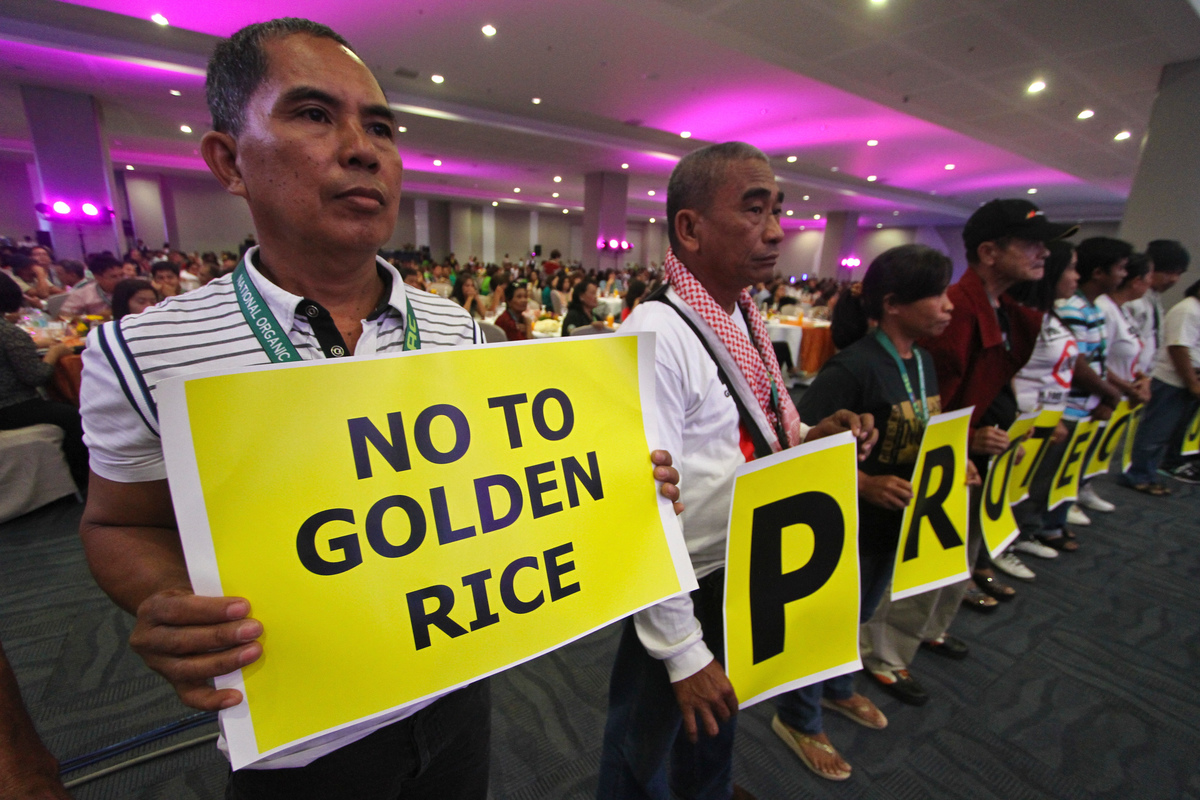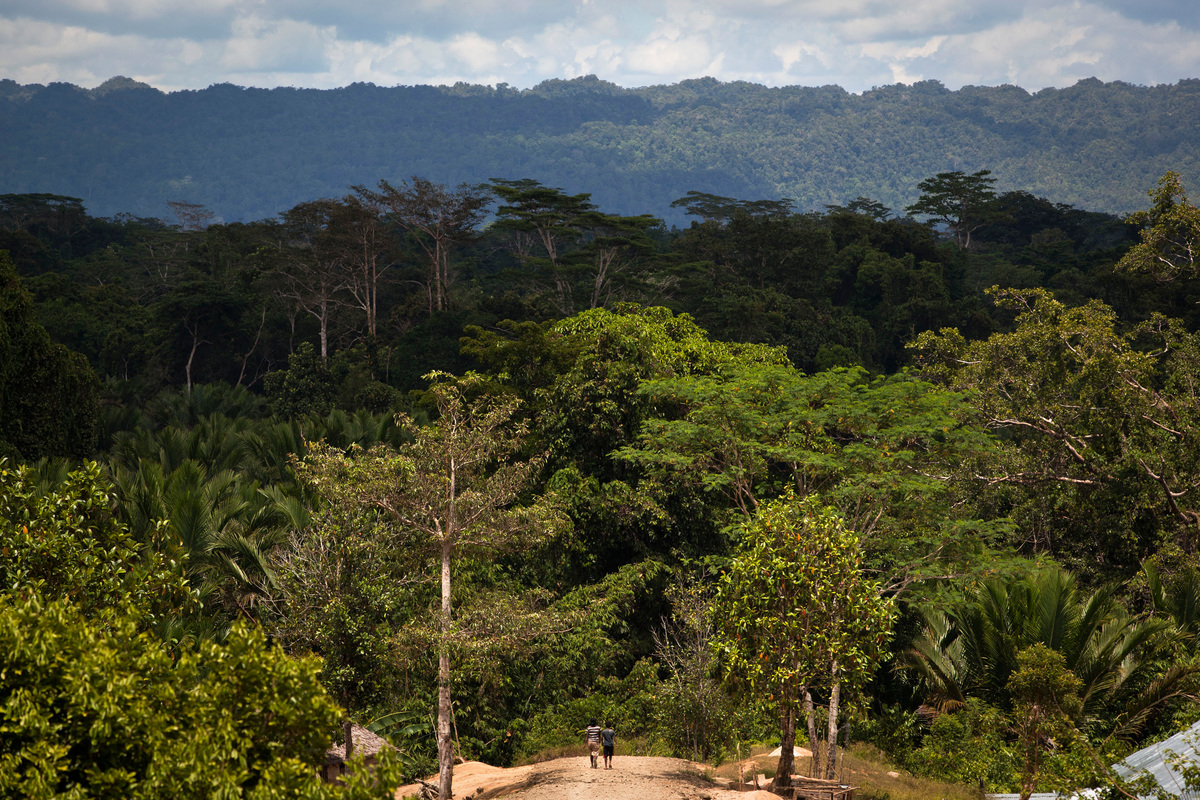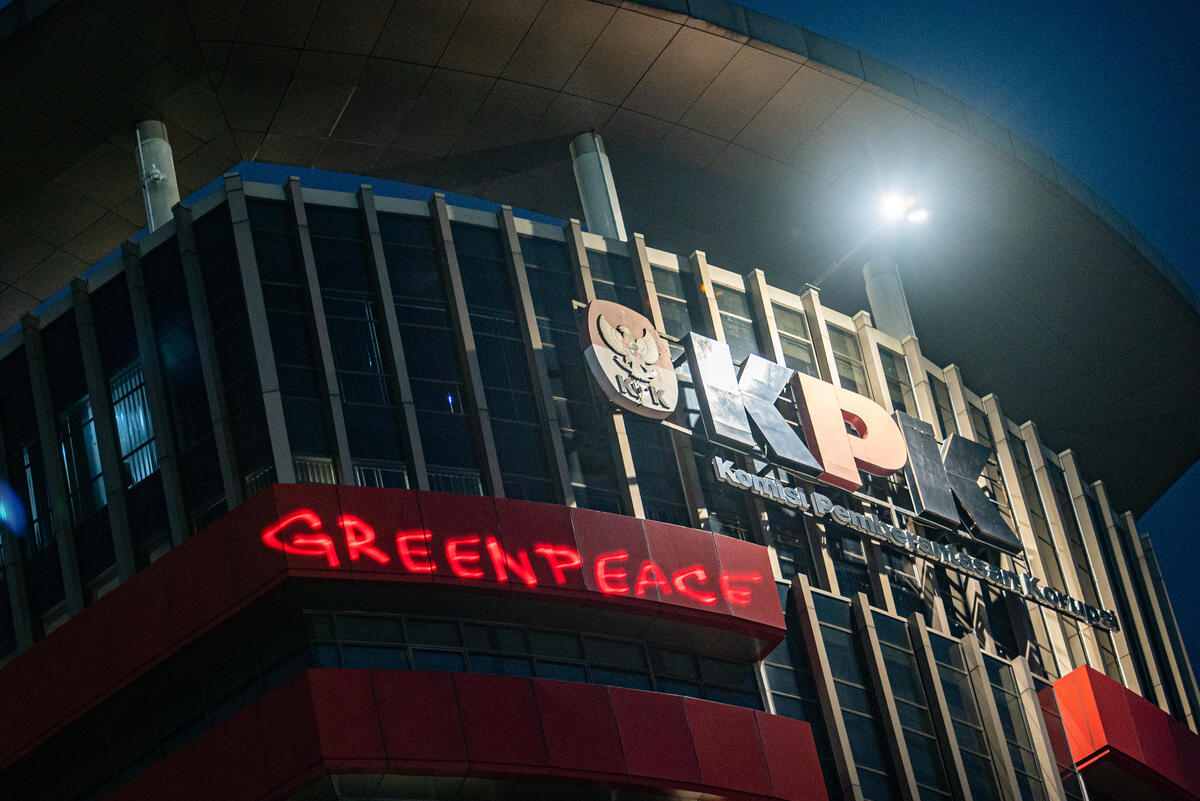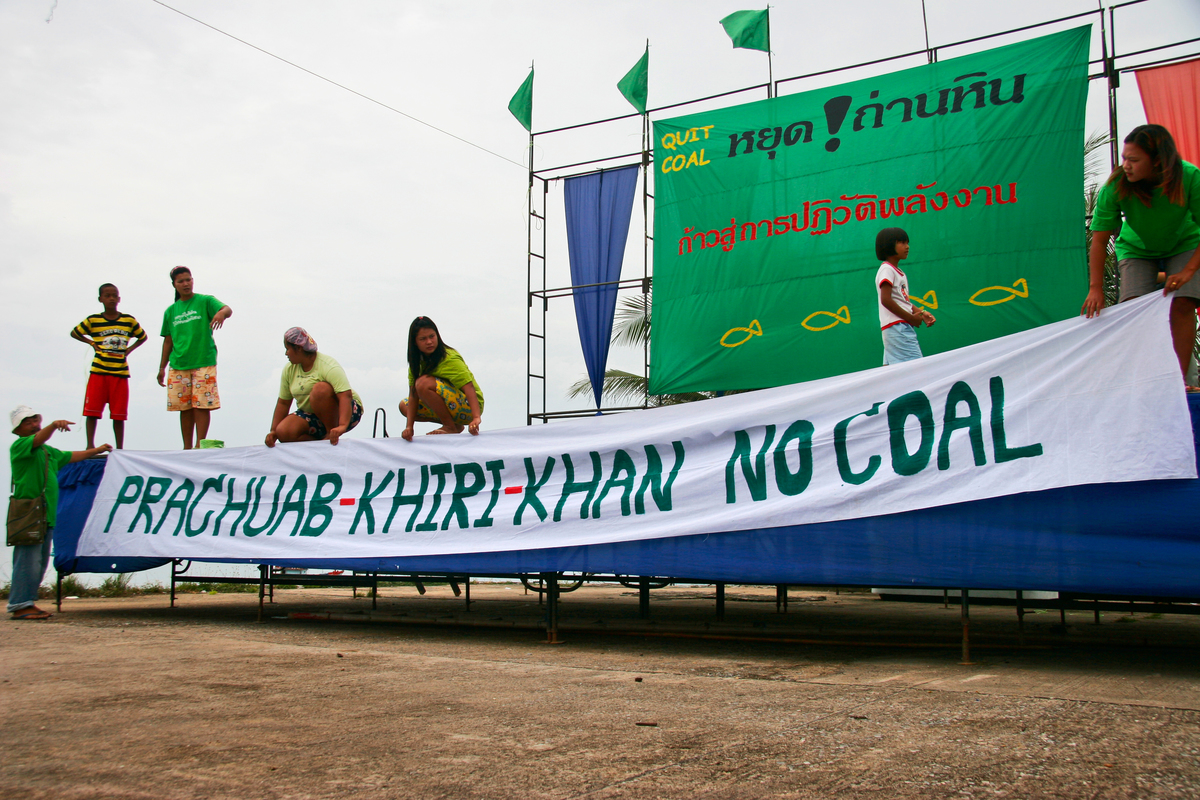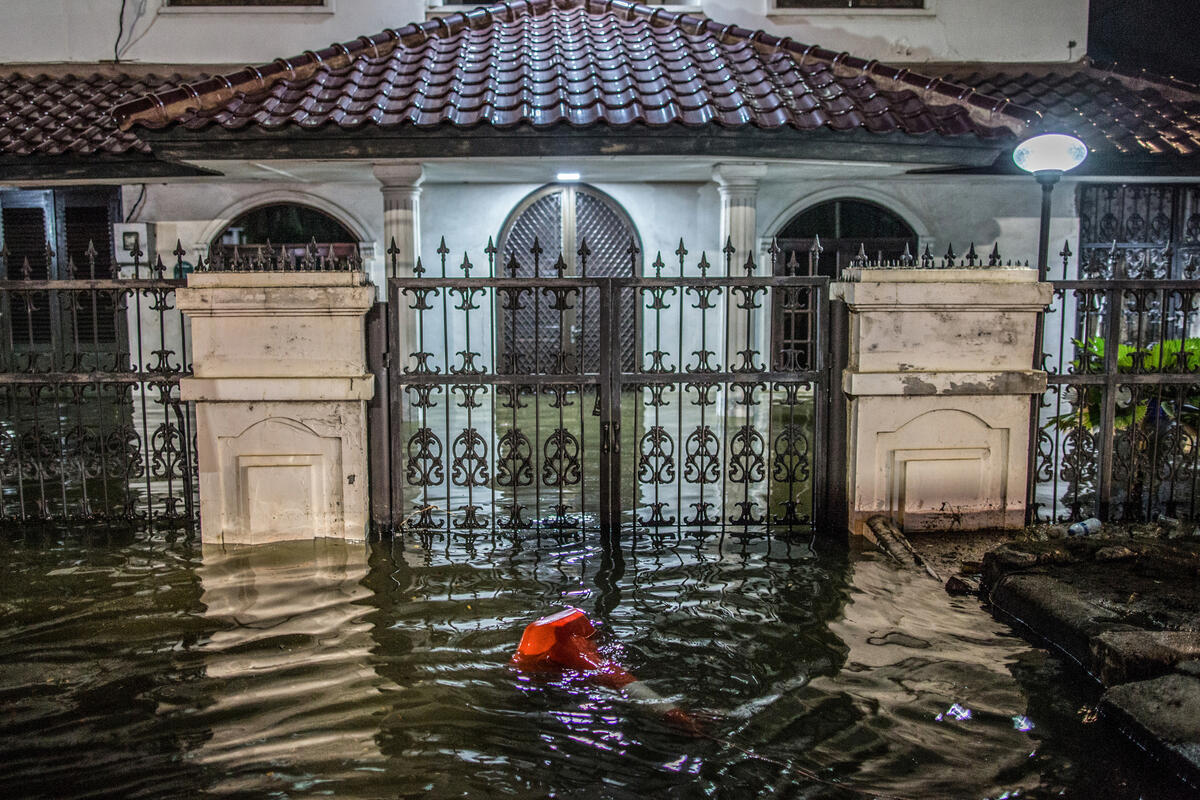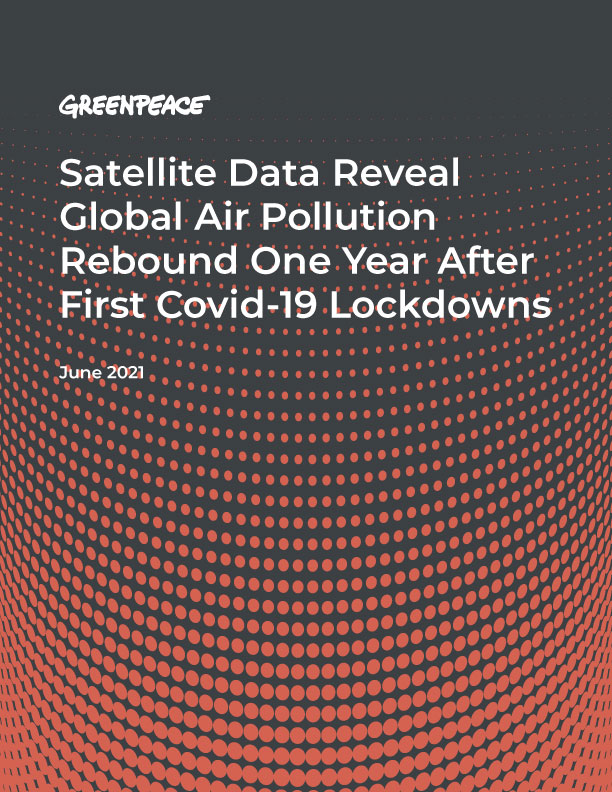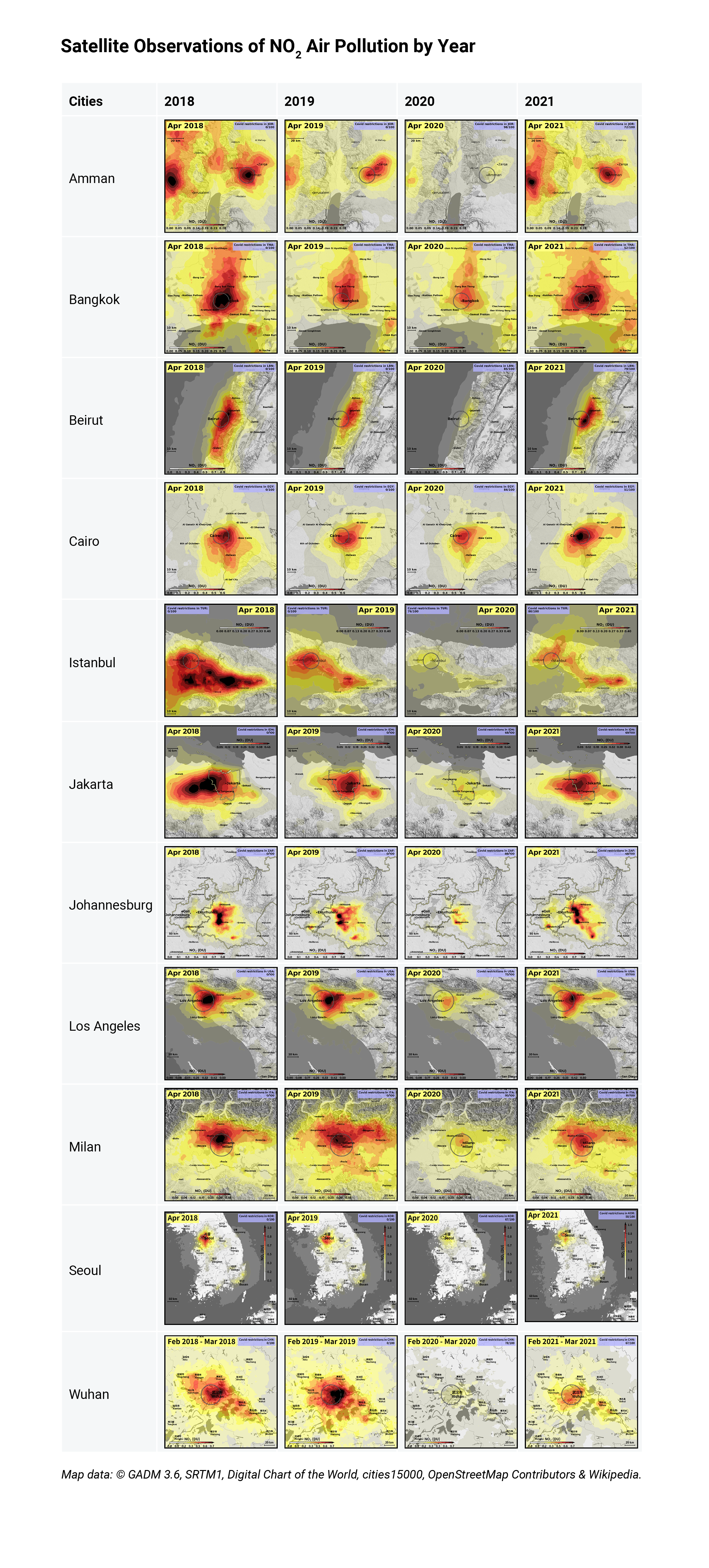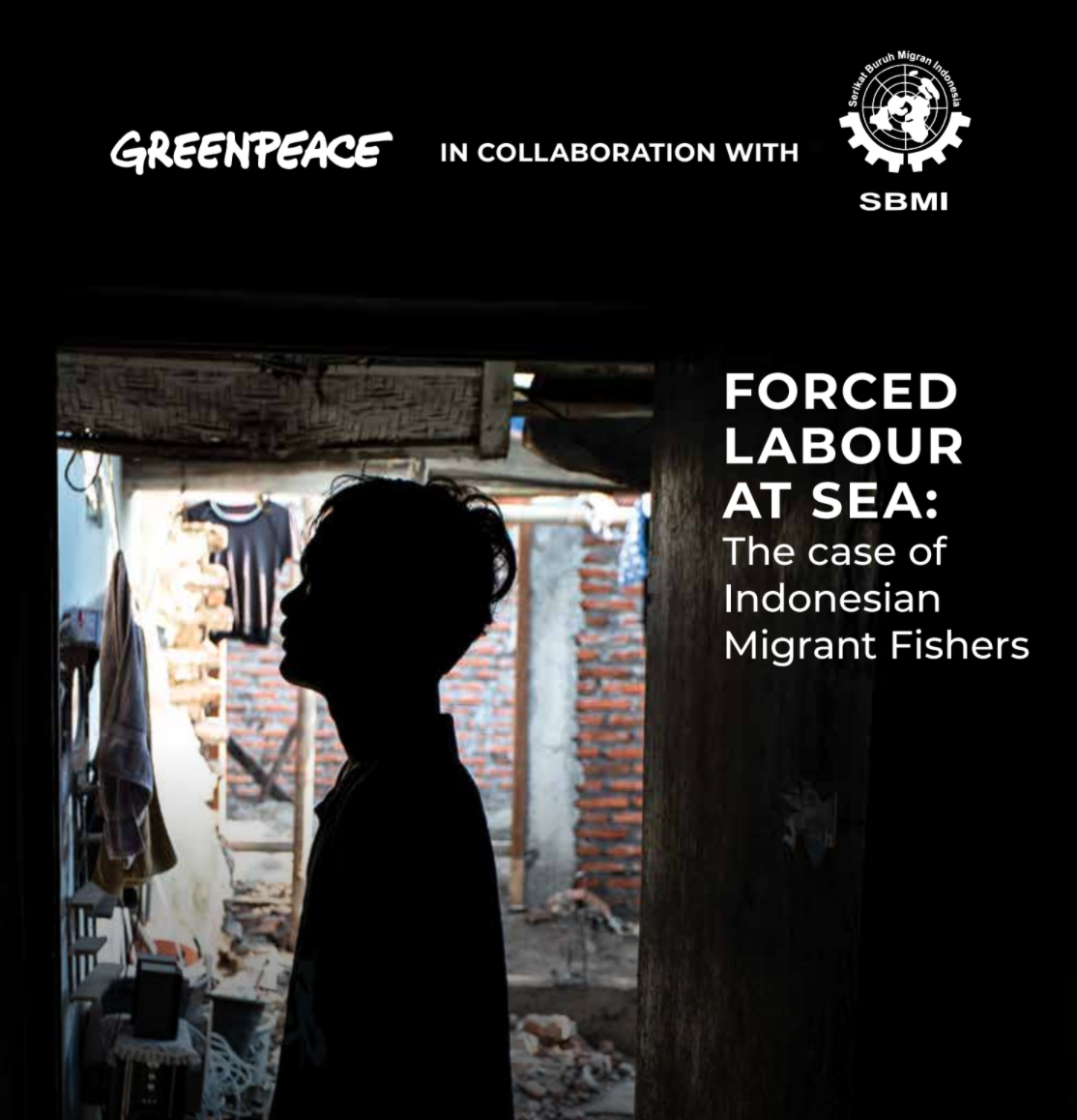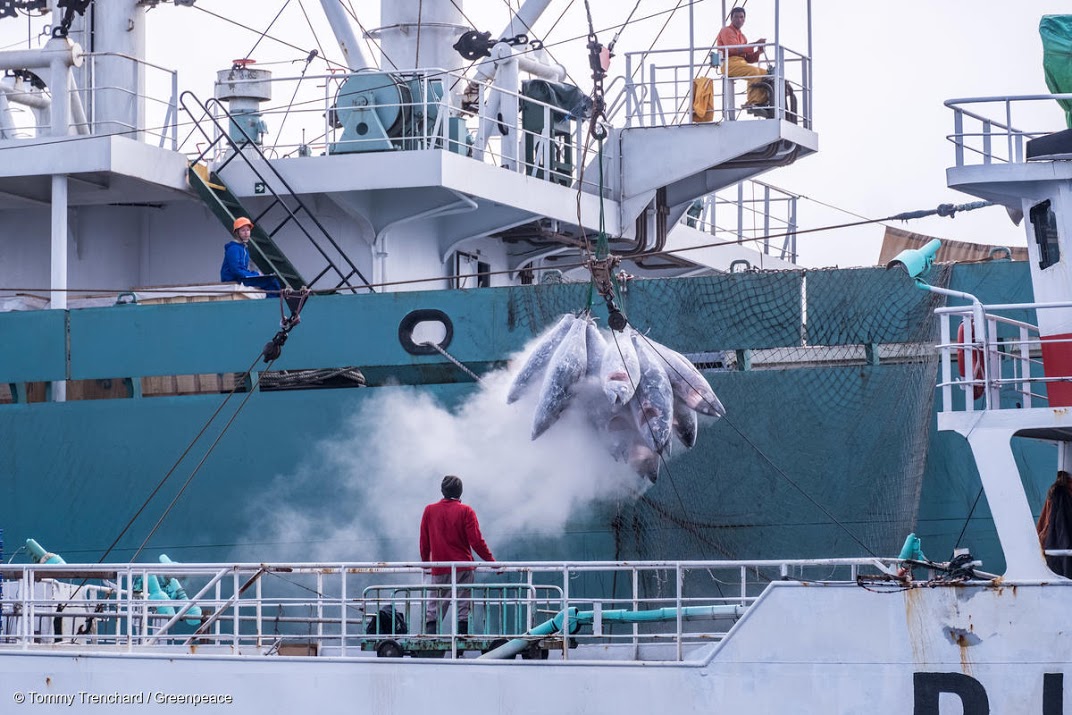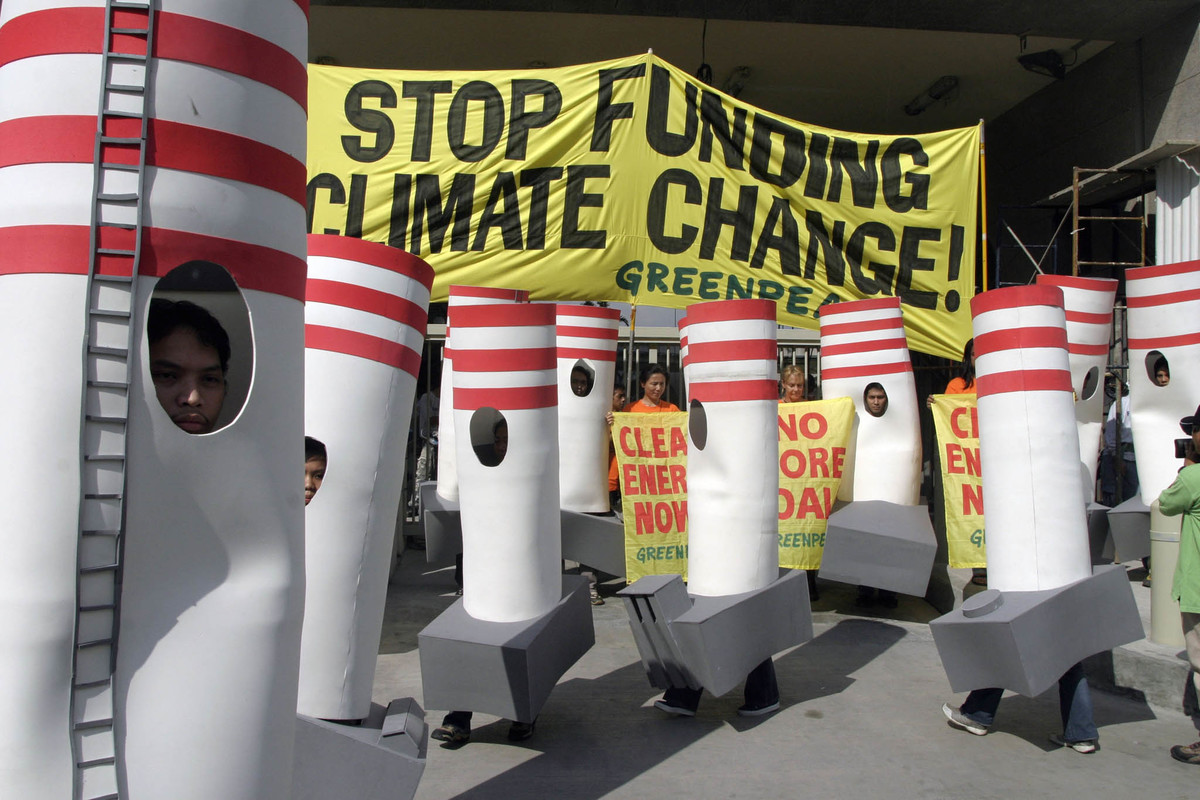All articles
-
‘Golden Rice’ commercialization to further drag down Filipino farmers amid climate, COVID struggles
Greenpeace Philippines strongly denounced the approval of genetically modified “Golden Rice” (GR) for commercial propagation, and called on the Department of Agriculture (DA) to reverse the decision and represent the interests of Filipino farmers and consumers.
-
Greenpeace Southeast Asia reactive to FSC cutting ties with Korindo
“It is crucial that buyers and certification bodies call out Korindo for its greenwashing and lack of transparency in its supply chains.
-
“Save KPK”, Greenpeace Indonesia projects message in protest against weakening of the anti-graft agency
Greenpeace Indonesia activists projected the slogan “Save KPK” and “Dare to be honest, fired!” ( Berani Jujur, Pecat !) onto the building of the Corruption Eradication Commission, also known as KPK, last night to protest against the weakening of the reformist anti-graft agency, after prominent investigators were dismissed over a dubious procedure.
-
A leader’s legacy. A people’s victory.
Confronting the coal industry has never been easy, and it will never be. But the people of Prachuab Khiri Khan have proven that if everyone came together, overcame their fears and resisted as one, they can persevere and achieve the impossible.
-
Sea Level Rise Poses Economic Threat to Asia Coastal Cities
A new Greenpeace East Asia report estimates that by 2030, 15 million people across the seven cities will live in areas at risk of flooding. The analysis is one of the first of its kind to use high spatial resolution data to suggest the areas of each city that are at risk from floods.
-
Satellite Data Reveal Global Air Pollution Rebound One Year After First Covid-19 Lockdowns
In this report, we investigate nitrogen dioxide (NO2) pollution data from ground level monitors and satellite observations. The analysis compares air quality before the emergence of Covid-19 against pollution measurements made during different stages of the pandemic.
-
Satellite images reveal global air pollution rebound 1 year after first Covid-19 lockdowns
Levels of toxic NO2 air pollution have rebounded in cities around the world one year after initial Covid-19 lockdowns went into effect, a new report from Greenpeace Southeast Asia finds.
-
Forced Labour at Sea: The Case of Indonesian Migrant Fisher
In this report, a follow up to "Seabound: The Journey to Modern Slavery on the High Seas” (2019), Greenpeace Southeast Asia analysed complaints from Indonesian migrant fishers over a 13 month period between 2019 - 2020 to show how forced labour indicators have increased.
-
Withholding of wages tops forced labour allegations
“Forced Labour at Sea: The Case of Indonesian Migrant Fishers”, looked at complaints from Indonesian migrant fishers filed with SBMI from May 2019 to June 2020 (13 months) to highlight the patterns and types of forced labour accusations on distant water fishing fleets.
-
Greenpeace Southeast Asia on ADB’s draft energy policy
QUEZON CITY, Philippines — The Asian Development Bank (ADB) on Friday released its draft energy policy [1], which states that the institution “will not finance any new coal-fired capacity for power and…


